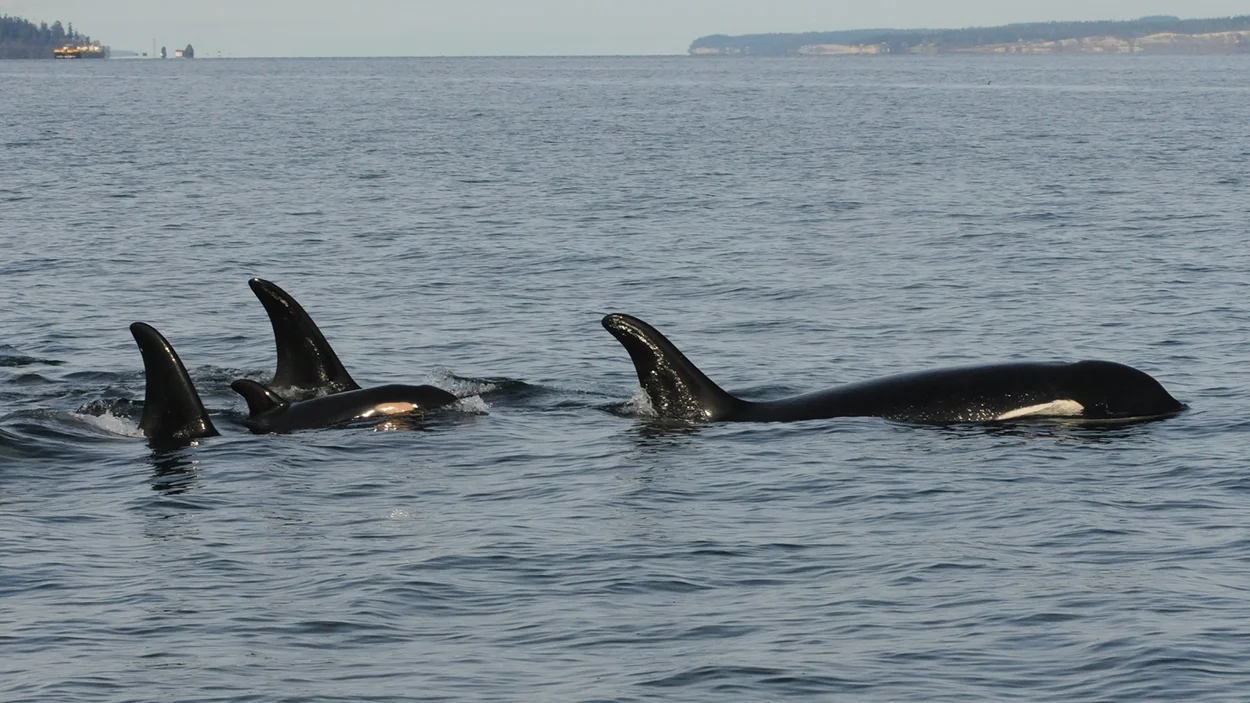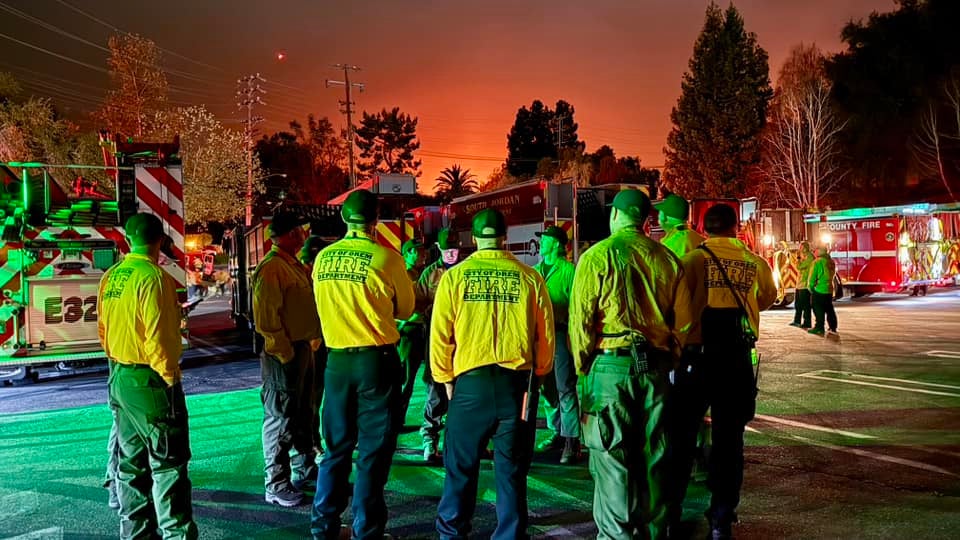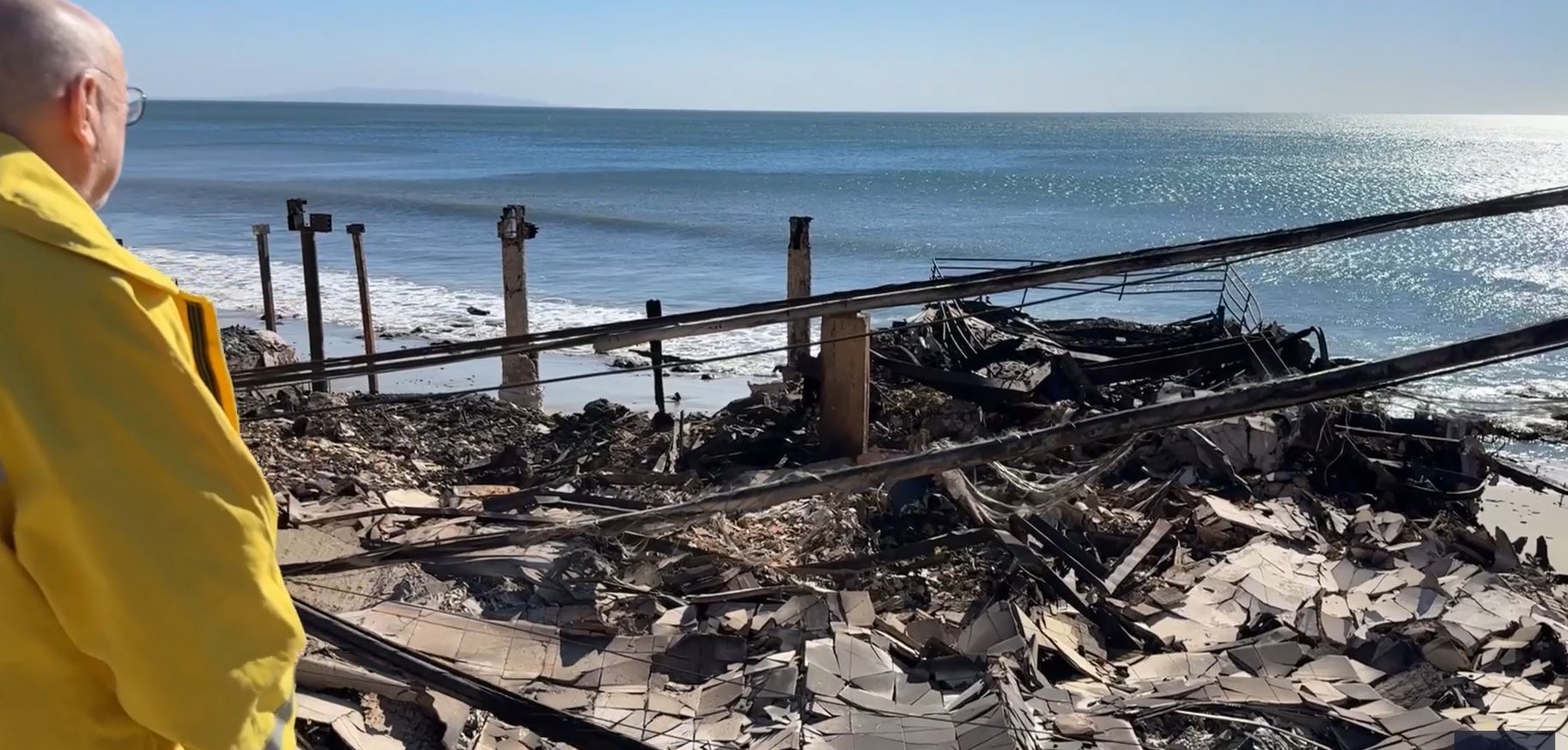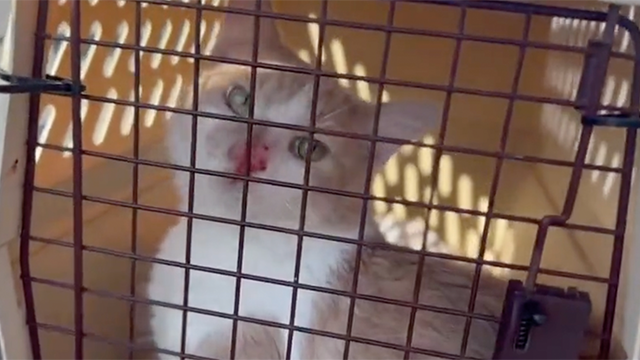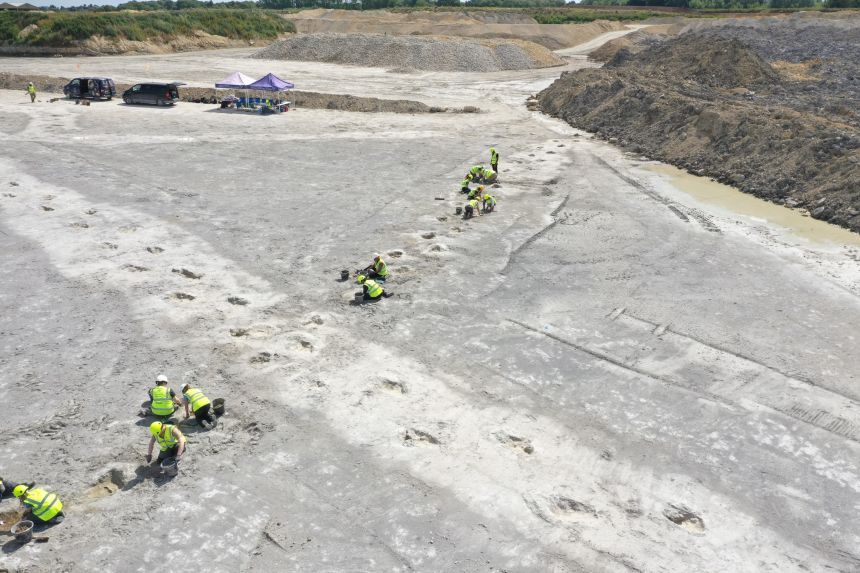FRIDAY HARBOR, Wash. – A grieving orca mother who made headlines more than six years ago for carrying her dead newborn calf for 17 days after its death is sadly repeating history after the death of her newest calf in recent days.The Center for Whale Research (CWR) received a report that the orca, known colloquially as “Tahlequah” and officially as J35, was seen with a new calf on Friday in northern Washington waters. Their team of researchers was able to observe J35 and the new calf Monday, which they designated J61.But CWR said J61 showed signs of distress in her early days, and whale researchers made the sad discovery she had not survived.”The death of any calf in the (Southern Resident Killer Whale) population is a tremendous loss,” Center for Whale Research officials said on Facebook. “But the death of J61 is particularly devastating, not just because she was a female, who could have one day potentially led her own matriline but also given the history of her mother J35 who has now lost two out of four documented calves – both of which were female.”And now whale observers have found Tahlequah has once again been spotted carrying the body of her calf with her. “This behavior was seen previously by J35 in 2018 when she carried the body of her deceased calf for 17 days,” CWR officials wrote. “We hope to have more information on the situation through further observation and will provide more details at that time.”GRIEVING ORCA WHO CARRIED DEAD CALF FOR 17 DAYS IN 2018 SPOTTED WITH NEWBORN CALFWhile whale researchers mourned the loss of J61, there was some more positive news found from their observations: Another new calf spotted swimming with the pod.The Center for Whale Research said they received reports Monday evening that a new calf may be traveling with the J19s and J16s. The next morning, researchers got on the water with J pod and confirmed the new calf, designated J62. “The calf was amongst multiple females throughout their encounter, so more observations are needed to verify who the mother is,” the Center for Whale Research said. “The calf’s sex is not yet known, but the team reports that the calf appeared physically and behaviorally normal.”Tamara Kelley of Orca Conservancy, told FOX 13 Seattle the mortality rate for calves born to Southern Resident killer whales remains high, with approximately 50% not surviving.
/
January 2, 2025
Grieving orca mother who carried dead calf for weeks in 2018 spotted doing same after newest calf dies
